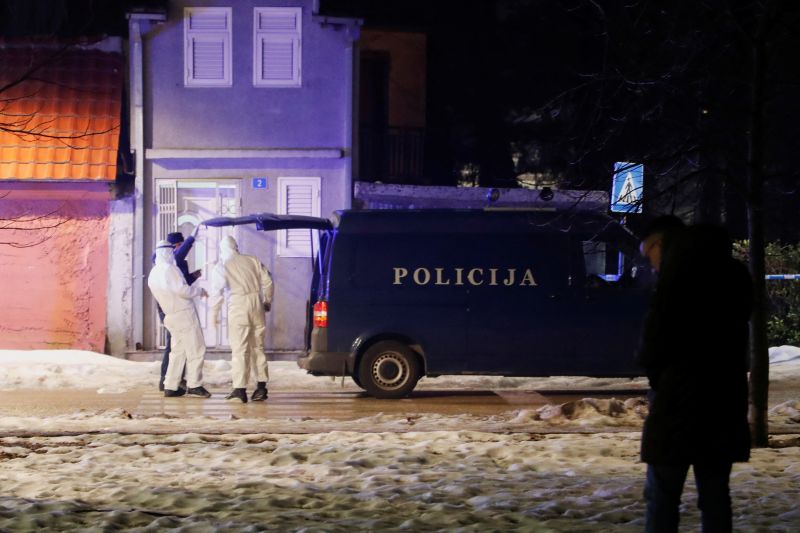
Tragic Shooting in Montenegro Claims Twelve Lives, Shocking the Nation
On January 1st, 2025, the small town of Cetinje in Montenegro was shaken by a horrific mass shooting that left 12 people dead, including two children. This tragic event unfolded when 45-year-old Aco Martinovic, a man with a history of alcohol abuse and illegal weapon possession, engaged in an argument with another customer at a local restaurant. The altercation quickly escalated, and after leaving the restaurant, Martinovic retrieved a firearm from his home and returned to open fire. He killed several people on the spot, including the restaurant's owner and his young children, aged 10 and 13.
The shooting did not stop there. Martinovic then drove to multiple locations across the town, continuing his rampage and killing more individuals, including members of his family. As the authorities closed in on him after an extensive manhunt, Martinovic attempted to take his own life. He ultimately succumbed to his injuries while being transported to the hospital, ending what has been described as one of the deadliest attacks in the country's history.
Also Read:- Challenges and Setbacks for Ukraine’s 155th Mechanized Brigade
- UK's Largest Dinosaur Trackways Unearthed in Oxfordshire Quarry
Montenegro’s Prime Minister Milojko Spajic expressed deep sorrow, calling the incident a "terrible tragedy" that has cast a long shadow over the nation. In response to this senseless act of violence, the government declared three days of national mourning. The Interior Minister, Danilo Saranovic, attributed the shooting to "disturbed interpersonal relations," highlighting the personal nature of the attack. The trauma of this event is compounded by the fact that it follows a similar shooting in the same town just two years earlier, in which ten people, including children, were killed in another family-related dispute.
While mass shootings are rare in Montenegro, the frequency of violent incidents involving firearms has raised concerns. Despite strict gun laws, the Western Balkans region is known to have a high number of illegal weapons, many of which are remnants from the conflicts of the 1990s. This deeply rooted gun culture complicates any efforts to curb such violence.
In the aftermath, Montenegrin leaders have begun discussing potential measures to enhance public safety, including the possibility of banning private gun ownership entirely. However, such actions could face strong opposition due to the country's gun culture.
The shooting has left the nation in a state of disbelief and sorrow, as families, communities, and the country as a whole struggle to comprehend the scale of the tragedy. As Montenegro grapples with this devastating loss, it is clear that the consequences of disturbed relationships and the accessibility of firearms have had a catastrophic impact.
Read More:

0 Comments